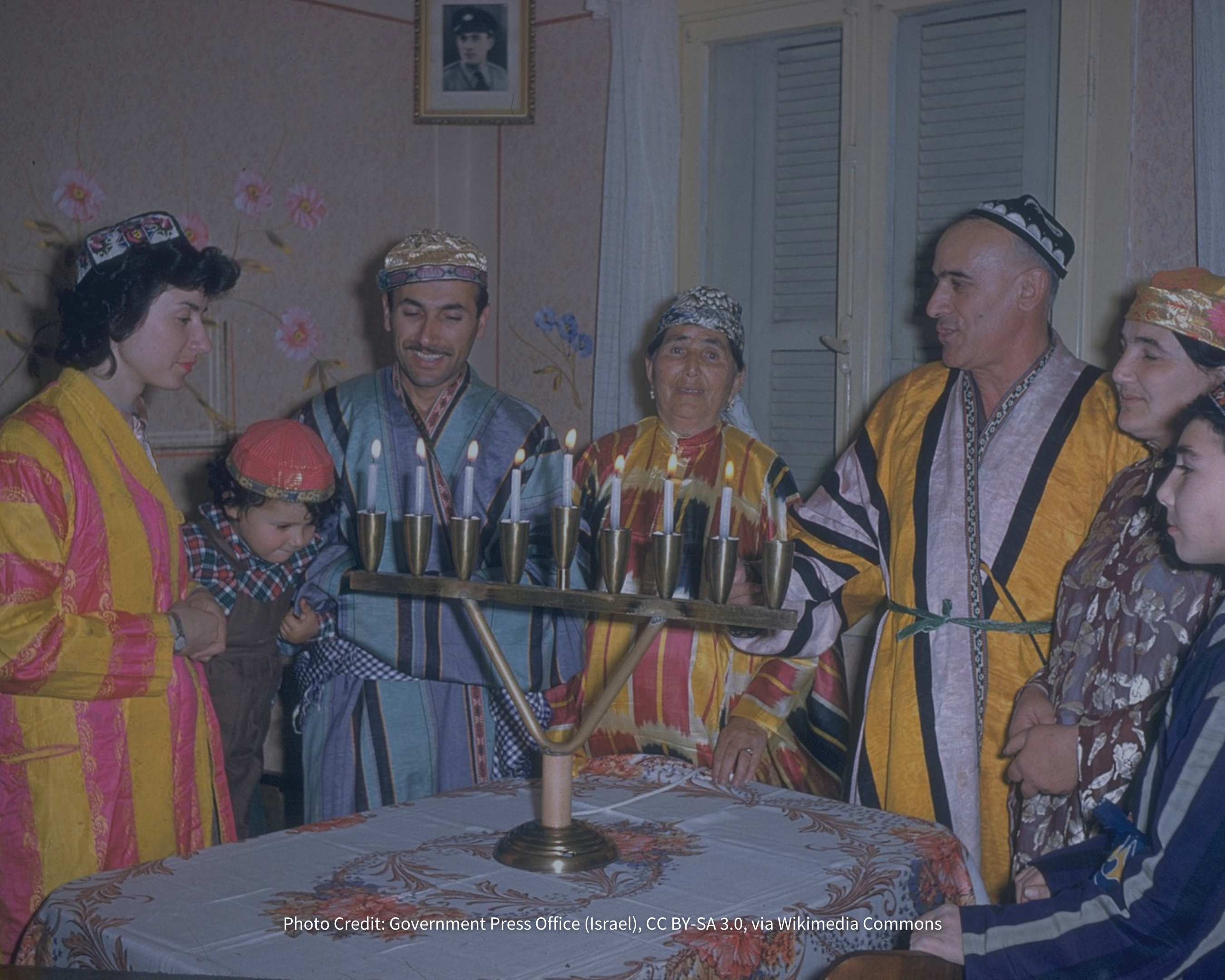
Bukharian Jews are an ancient community that trace their origins to the Jewish exile to Babylon in the 6th century BCE. After Babylon was absorbed by the Persian Empire, many Jews went back to the Land of Israel, another group chose to stay in Persia, while a smaller cohort — who would eventually become the Bukharian Jewish community — migrated north to Central Asia and developed a distinct culture. These Jews settled in trading hubs and maintained extensive contact with Persian-speaking Jews, such as the Jews in Afghanistan, Iran and Iraq. The major population hubs in Central Asia for Bukharians were in the cities of Samarkand, Tashkent, and Bukhara. Bukharians traditionally spoke a Jewish dialect of the Tajik language called Bukharian or Bukhori, which is closely related to Persian.
Central Asia was settled and conquered by many different empires throughout history, and they each left a unique mark on the region’s inhabitants, including the Bukharian Jews. The territory changed hands between the Persian Empire, Arab Caliphate, and the Russian Empire. Bukharian Jews had a very influential role in Central Asia, dominating the region’s textile and dye industries, also featuring as prominent merchants.
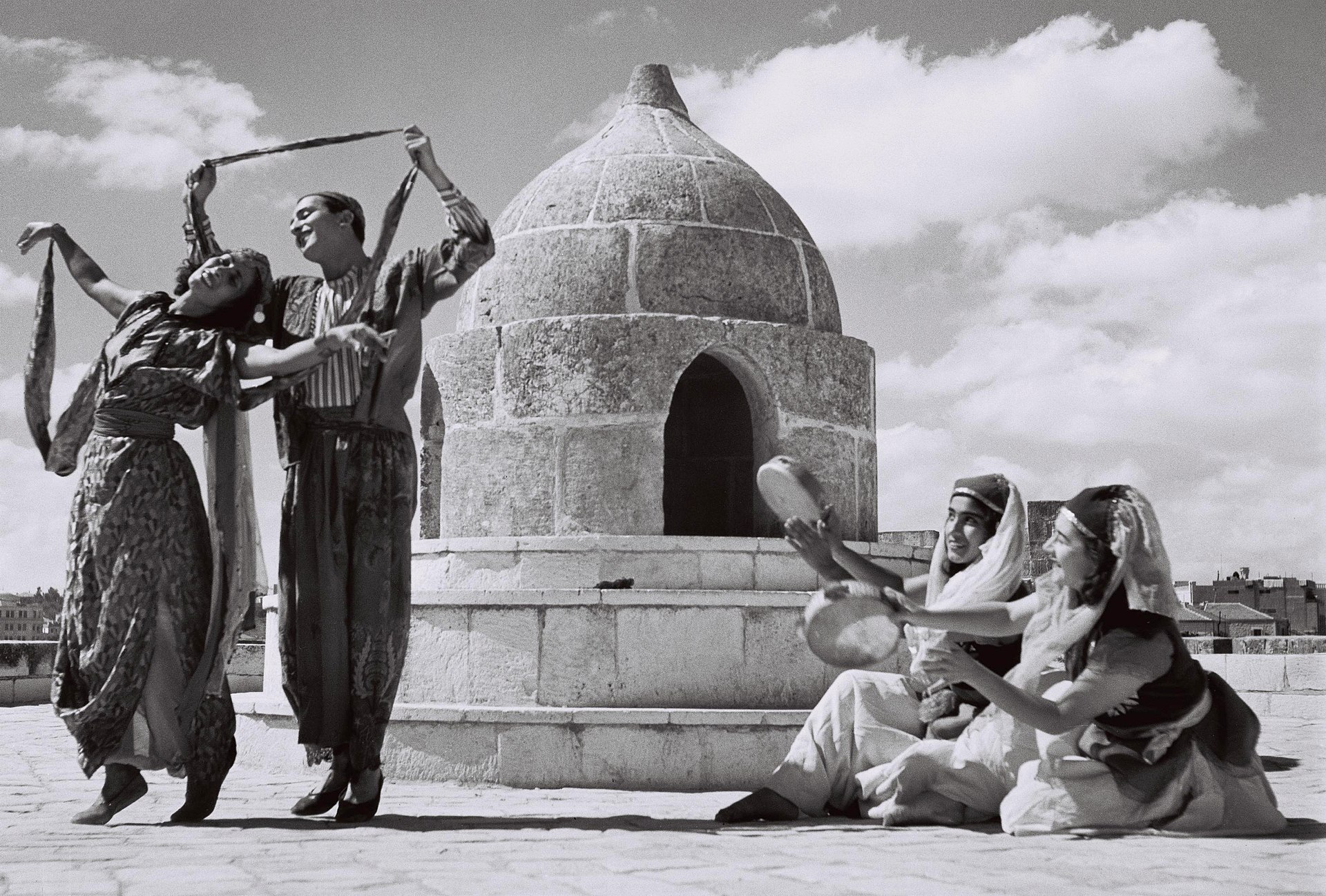
The first Russian census of Central Asia in 1897 counted 11,463 Jews, the vast majority being Bukharian Jews. By the 1940s, Bukharians were heavily persecuted in the Soviet Union, their Jewish schools and other institutions were shut down, and numerous Bukharians began to speak Russian instead of their traditional language. Bukharians experienced many of the same restrictions as Ashkenazi Jews, such as being prohibited from making aliyah.
After the Soviet Union collapsed, Bukharians started settling outside Central Asia, with the vast majority moving to Israel or the Queens Borough of New York City, where the highest concentration of Bukharians reside. A small proportion of Bukharians still live in Central Asia. Bukharian Jews have also been involved in the Zionist movement since its very early days.
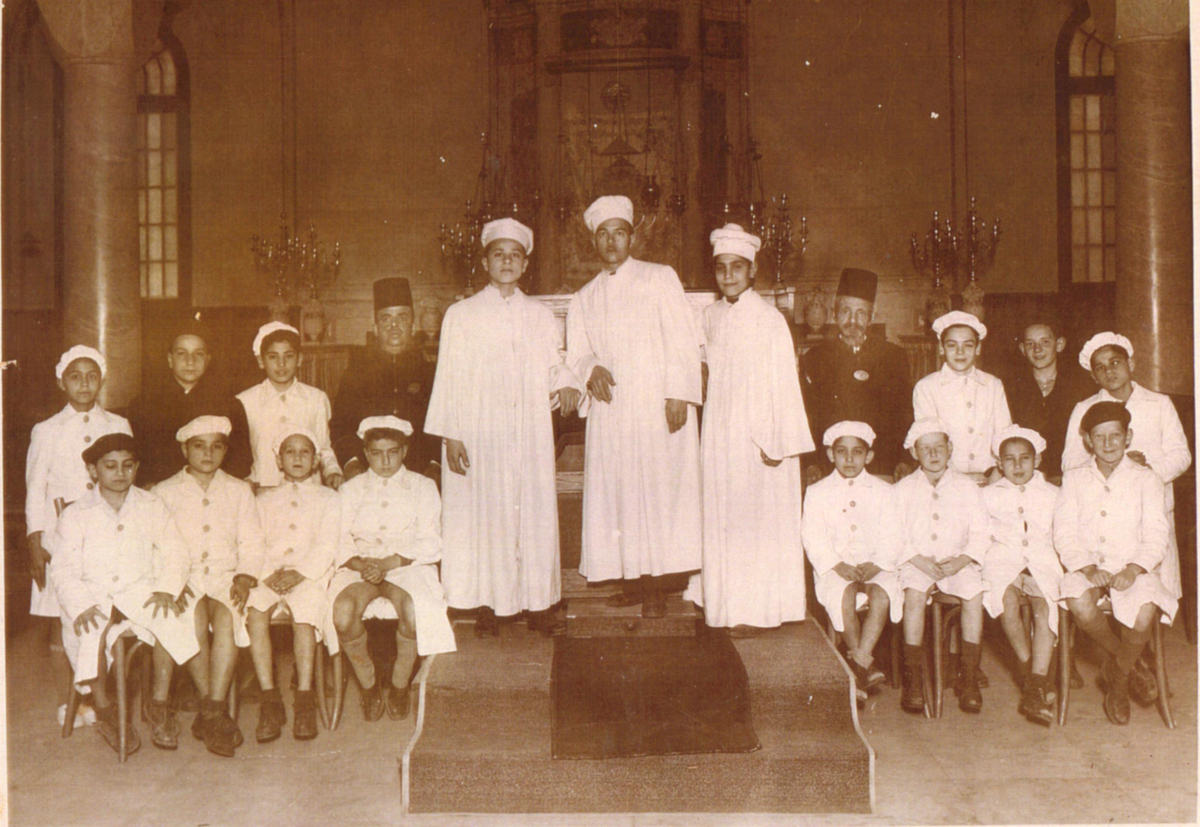
On Sept. 13, 2021, Israeli Prime Minister Naftali Bennett met with Egyptian President Abdel Fattah
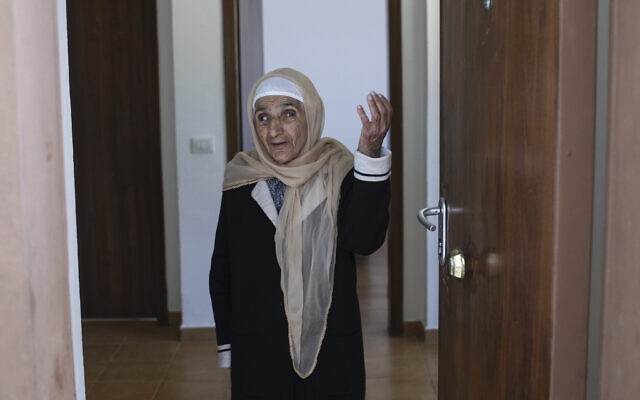
AP — For years, Zebulon Simentov branded himself as the “last Jew of Afghanistan,” the
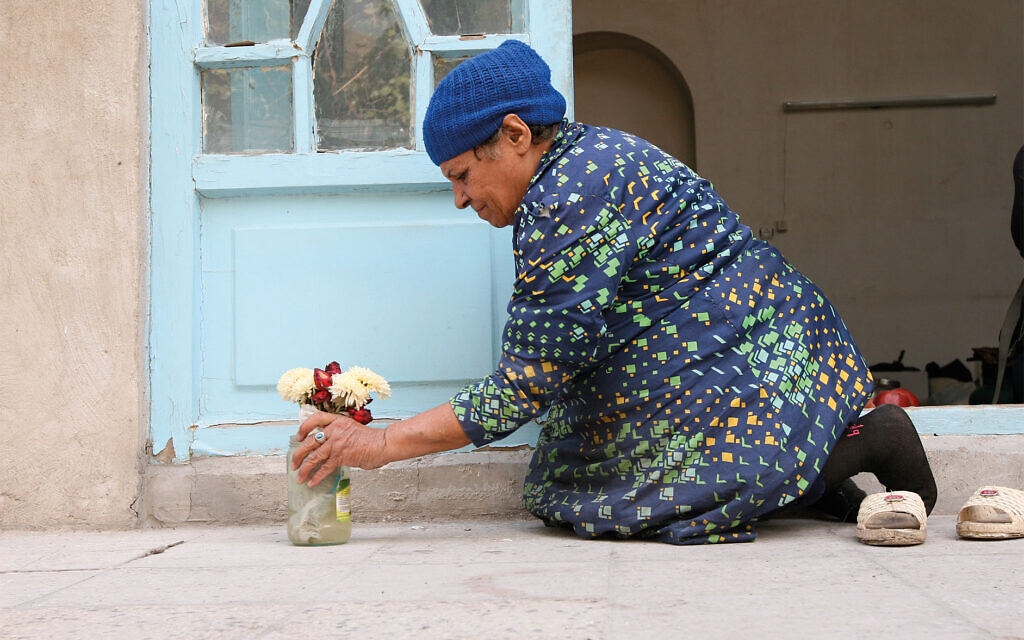
JTA — Jewish prayer in a mosque. Hookah smoke in a kosher kitchen. Hebrew school

Every Friday, my mother and her 11 brothers and sisters have lunch at my grandmother
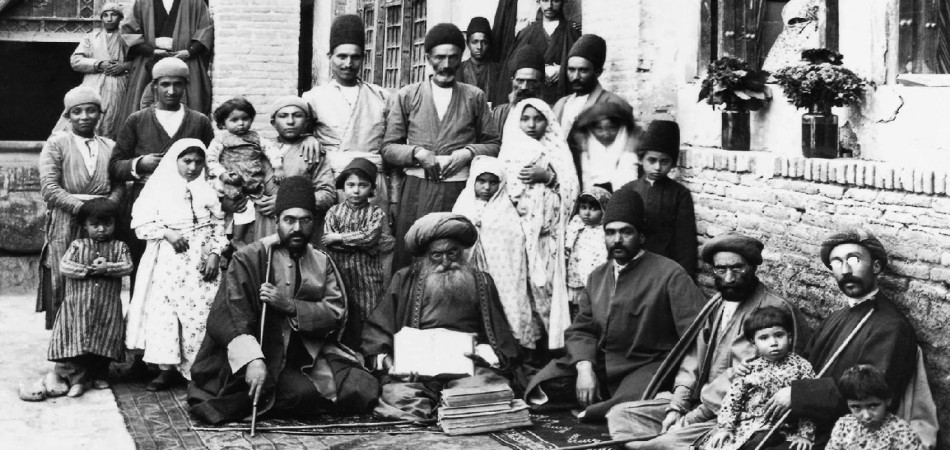
When I think about Israeli culture, I think of startups, I think of gorgeous museums

Music remembers much of what history has forgotten, says Canadian assistant Professor of Jewish